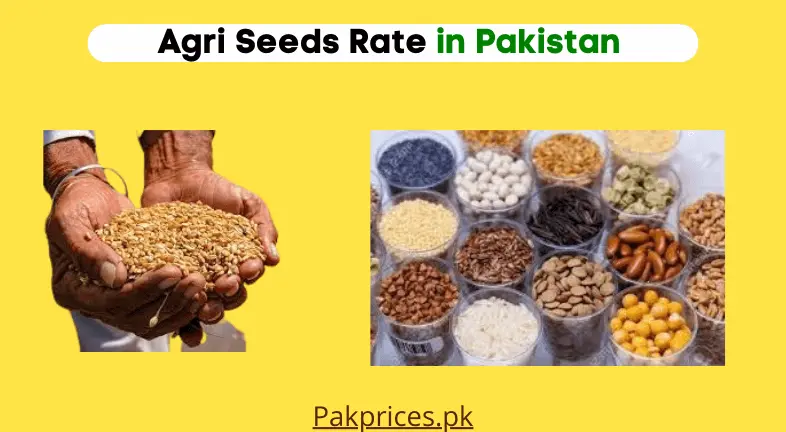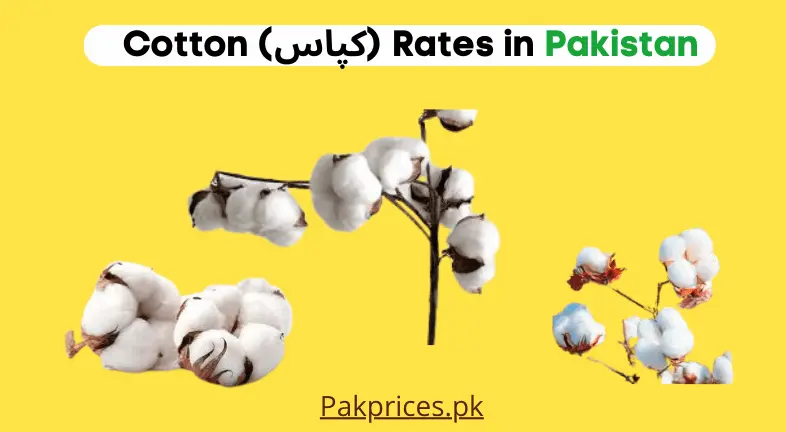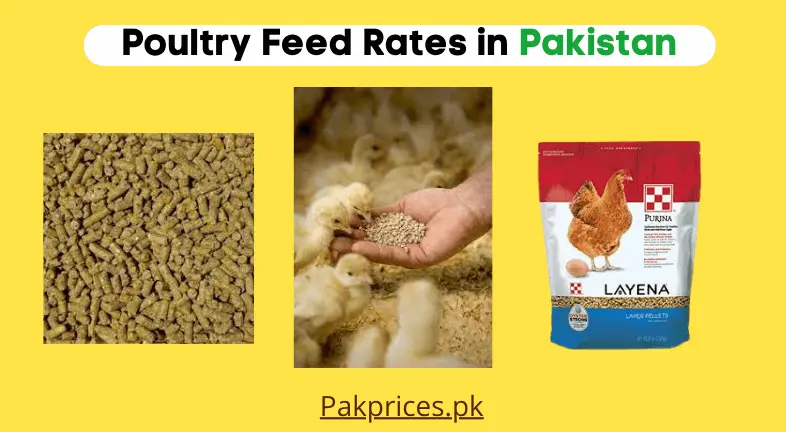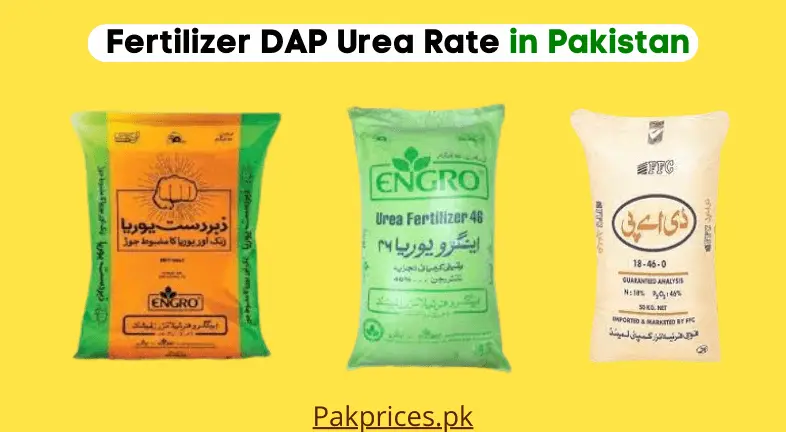
Latest Fertilizer Price in Pakistan | Urea, Engro, Dap Fertilizer Price in Pakistan
You all know that Pakistan is an agricultural country. A big part of our country depends on agriculture. If you’re also into agriculture, like a farmer or a landlord, then you must be aware of how much importance it has for the crops. It helps the crops grow stronger and increase yields.
So, what’s the fertilizer price in Pakistan? Many of you may wonder about this thing as the prices of almost everything are going up day by day in Pakistan. Not just fertilizers but every other crop like agri seeds and cotton prices in Pakistan also increased very much in recent times.
Fertilizer, which is also known as Khad in Pakistan, is very important for crops. Crops can’t grow properly without you putting any khad in them. So, what’s the fertilizer price in Pakistan? Well, the price of the khad depends on a lot of factors, including its price, but the most commonly used fertilizer types are DAP and urea, which will cost 12,000 per 50-KG bag.
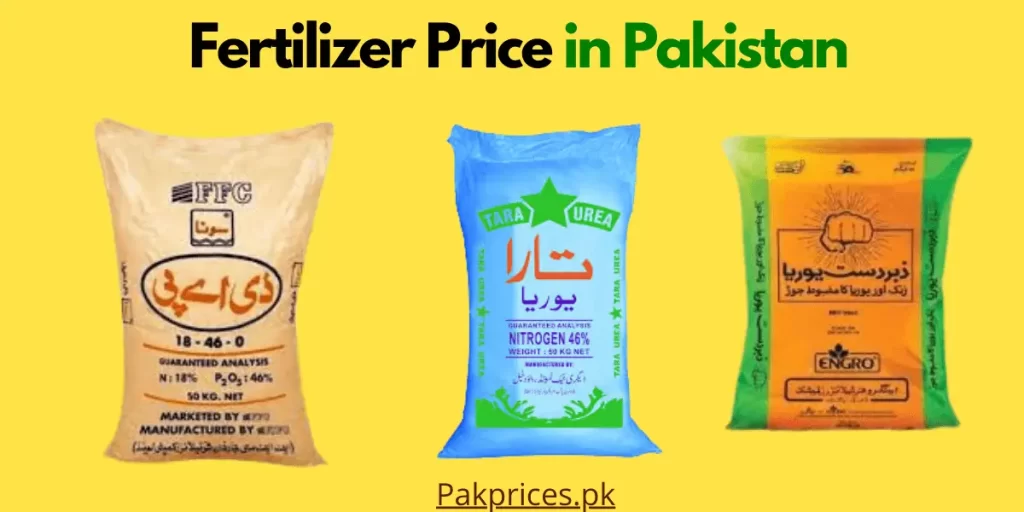
If you want to buy MOP (muriate of potash), then it’ll cost you 100 more than DAP and urea, which means it costs 12,100 per 50 KG bag. Let’s say you have some more money to spend and you want your crops to have the best khad, then you can go for SOP (sulfate of potash), which will cost you 15,500 per 50 kg.
Fertilizer Price in Pakistan Today [current_date] | Khad Rate List in Pakistan
| Khad | Fertilizer | Price Per 50 Kg Bag |
|---|---|
| Sarsabz NP | Rs. 10,000 |
| SOP Granular | Rs. 11,800 |
| SSP | Rs. 2,800 |
| Urea – Sarsabz or Sona | Rs. 3,800 |
| DAP – Sarsabz | Rs. 12,800 |
| Efert. Agritrade Zorawar | Rs. 12,580 |
| DAP (Sona, Pakarab or FFC) | Rs. 13,700 |
| MOP – FFC | Rs. 12,750 |
| Sarsabz CAN-G | Rs. 2,600 |
| SOP Granular- FFC | Rs. 16,800 |
| NPK | Rs. 8,500 |
| Sarsabz CAN-F | Rs. 2,600 |
Types of Fertilizers in Pakistan
In Pakistan, like in many other countries, a variety of fertilizers are used to enhance crop growth and productivity. These fertilizers can be categorized into several types based on their nutrient composition and purpose. The primary types of fertilizers used in Pakistan include:
- Urea
- Diammonium Phosphate (DAP)
- Potassium Sulfate
- Single Super Phosphate (SSP)
- Calcium Ammonium Nitrate (CAN)
- Ammonium Sulfate
- Farmyard Manure (FYM)
- Compost
- Micronutrient Fertilizers
- Specialty Fertilizers
Fertilizer Industry in Pakistan
There are more than 100,000 people in Pakistan’s fertilizer industry, contributing 4.4% to large-scale manufacturing and ranking 21st globally with a capacity of 76 million metric tons. Among the main players are Fauji Fertilizer, Engro, Dawood Hercules, and Fatima Fertilizer. Prices and production have been impacted by things like expensive gas, currency depreciation, and the Ukraine conflict. The industry has potential for growth, though, thanks to government efforts and rising food demand.
Fertilizer Companies in Pakistan
Here are the names of some fertilizer companies in Pakistan
Factors Affecting Fertilizer Price in Pakistan
- Fluctuations in natural gas prices impact the cost of producing nitrogen-based fertilizers like urea.
- Depreciation of the Pakistani rupee can raise the cost of importing raw materials for fertilizer production.
- Price changes in key fertilizer components, like phosphate and potash, influence overall fertilizer costs.
- Subsidies or Policy changes by the government can affect fertilizer prices for consumers and producers.
Pros and Cons of Fertilizers
Fertilizers are widely used in agriculture to improve crop yields, but they come with both advantages and disadvantages. Here are some pros and cons of using fertilizers:
Pros of Fertilizers
- Fertilizers enhance plant growth and improve agricultural productivity, leading to higher crop yields.
- They provide essential nutrients to plants, ensuring balanced nutrition for healthy development.
- Fertilizers deliver nutrients quickly to plants, addressing deficiencies and promoting rapid growth.
- Fertilizers enable farmers to target specific nutrient needs based on soil and crop requirements.
- They contribute to global food security by boosting crop production to meet growing demand.
Cons of Fertilizers
- Overuse or improper application can lead to water pollution, soil degradation, and harm to ecosystems.
- Fertilizers can be expensive, increasing production costs for farmers.
- Misuse can result in nutrient imbalances, which may harm plants and the environment.
- Manufacturing and transportation of fertilizers require significant energy inputs.
Conclusion
The price of fertilizers in Pakistan is crucial and directly impacts the agricultural sector, which serves as the backbone of the country’s economy. As we have explored in this article, the demand for fertilizers to enhance crop yields is substantial, and various factors, including global market dynamics, government policies, and production costs, influence their pricing.
While fertilizers play a pivotal role in boosting agricultural productivity, there are also downsides to consider, such as environmental concerns and the financial burden on farmers. Therefore, finding a balanced approach to managing fertilizer prices in Pakistan is essential to ensure food security, economic stability, and sustainable agricultural practices in the nation.
Frequently Asked Questions




